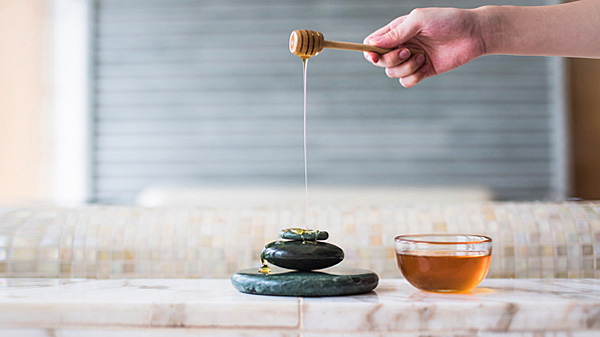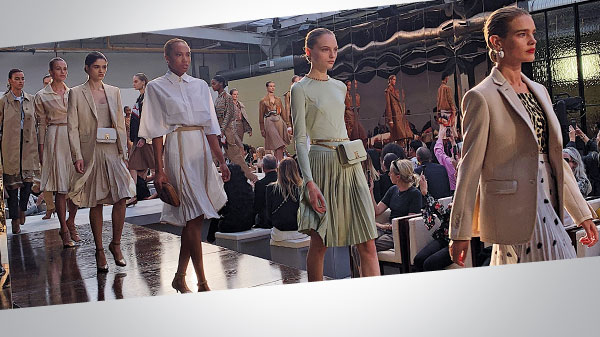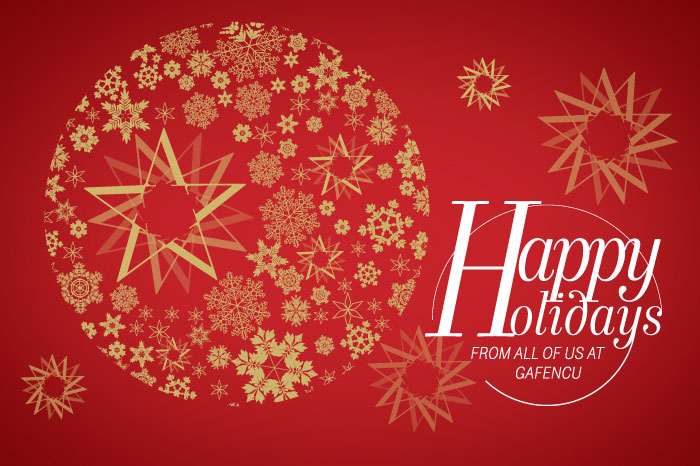
Healing Touch: Why the world is waking up to the goodness of Traditional Chinese Medicine
For visitors to Majorca, one of Spain’s most popular tourist resorts, the St. Regis Mardavall has everything you might expect of a world class hotel, including premium yachting, golf and spa facilities. It also boasts an unlikely mastery of the arcane art of Traditional Chinese Medicine (TCM), an expertise that has seen wellness worshippers from across Europe beating a path to its door.

On this front, the hotel’s poster boy is Dr Lu Zhang, “currently one of the greatest TCM experts in Europe,” if his website is to be believed. Previously a professor of TCM in Beijing, he found his way to Spain as the Chinese government’s TCM ambassador to the West.
Zhang’s work with the mainland government represents one of the most recent attempts to export China’s 2,500-year-old healing and health regime to the wider international community.
It’s been a long and difficult process, but now many of the more enlightened Western practitioners acknowledge that TCM could represent a “viable alternative to Western medicine.”

Sensing TCM’s moment might have come, last July saw China enact new legislation formalising the status of TCM and requiring local governments to launch institutions promoting its practice in medical centres across the country, while also increasing the funding available for TCM development.
Wang Guoqiang, deputy chief of China’s National Health and Family Planning Commission, says: “I’ve visited a number of countries where the head of state has expressed their desire to import TCM expertise, a sure sign that awareness of its efficacy is rising.”
Honed and refined over countless generations, TCM is a fusion of five different techniques – acupuncture, massage, herbs, dietary therapy and qigong exercises. According to its advocates, the key advantage of TCM is that focuses on prevention rather than seeking to simply provide a cure.

Providing some insights into the essential nature of the philosophy behind TCM, Jeremy McCarthy, Global Director of Spa and Wellness at the Mandarin Oriental, says: “The Western world tends to have a dualistic approach to wellness – considering the mind and body to be wholly separate – as opposed to the more holistic and integrated approach embraced by TCM.”
Despite such high-level endorsements, TCM is still frequently criticised by the Western media for its lack of definitive methodologies and abrogation of animal rights. Taking such criticism on the chin, Dr Margaret Chan, Director General of the World Health Organisation (WHO) says: “TCM has many critics and their criticisms must be addressed if it is ever to perform a legitimate role within a wider health system. It is entirely wrong, however, to dismiss the entirety of this ancient art as nothing but ‘snake oil’ medicine.”

In Hong Kong, where the Western and Chinese medical traditions have long existed side by side, TCM has become one of the staples of the city’s wellness providers. Back in 2005, the Chuan Spa – part of Cordis Hong Kong – was one of the first to adopt TCM as one of its underlying principles. Following its success in Hong Kong, the approach was exported to 15 of the clinic’s overseas operations, including its Chicago, London and Auckland branches.
Looking to build the body of evidence in support of the efficacy of TCM, the Oriental Spa – part of the Mandarin Oriental Hotel Group – often collaborates with the Mayo Group, a non-profit medical practice and. research group, on the development of a range of TCM-related health and wellness initiatives.

With the growing influence of Traditional Chinese Medicine, as well as a number of other Asian therapeutic traditions, such as Indian Ayuverda medicine and Middle Eastern Hammam rituals, it looks as if the direction of the flow of influence is beginning to change. For many, it’s an all but revolutionary break with centuries of Western dominance.
It’s also spurred a new thought – if, in the medical world, the West is finally catching on to something Asia has instinctively known for millennia, what else might it learn if it casts its cynicism and intransigence aside for long enough?
Text: Julienne C Raboca
For the full feature on Traditional Chinese Medicine, please check out the latest issue of Gafencu’s print magazine or the PDF version on the Gafencu app. Download the app from the Google Play Store or Apple App Store







